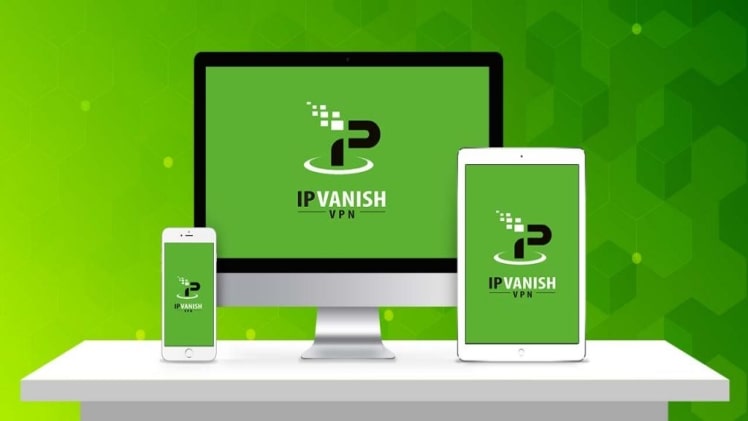

Tyler Miller, a spokesperson for the company, said that user IDs are only collected to figure out where purchases came from (for example, if the app download came because of a specific ad) and that customers are notified when that data is collected. NordVPN, meanwhile, says it uses its customers’ user IDs and device IDs for marketing purposes. But many of their privacy policies do allow for other sorts of data collection.ĬyberGhost VPN, for example, promotes “absolute privacy on all devices” with its service, but its privacy policy notes that it can collect specific “non-personal” information on devices, including their advertising ID, battery levels, gyro-sensor data (the sensor used to automatically rotate a phone screen), and mobile service provider.ĬyberGhost didn’t respond to requests for comment. And we searched through our Citizen Browser data for VPN Facebook advertisements to see not only how VPNs are marketing themselves on Facebook but also how they’re making use of that platform’s personal-data-driven advertising machine.Īgain, none of these VPN’s say they collect any sort of logs of user activity. We also ran their websites through Blacklight, our tool for detecting third-party trackers. To get a sense of exactly what sorts of information VPNs are grabbing, The Markup examined the privacy policies of 14 popular VPN companies. “A VPN helps secure and helps privatize some of what I do on the web.”īut while VPNs say they do not log people’s activity-meaning their browsing, who they call, which TV shows they watch-that does not mean they’re not siphoning data from their users and even their prospective customers.

“Especially because I’m a content creator, it’s so important to me to uphold my own security and privacy standards,” she said. Morse said she uses VPNs like ProtonVPN to help keep her online activities private because of her public persona. Because it turns out moving fast and breaking things broke some super important things.


 0 kommentar(er)
0 kommentar(er)
